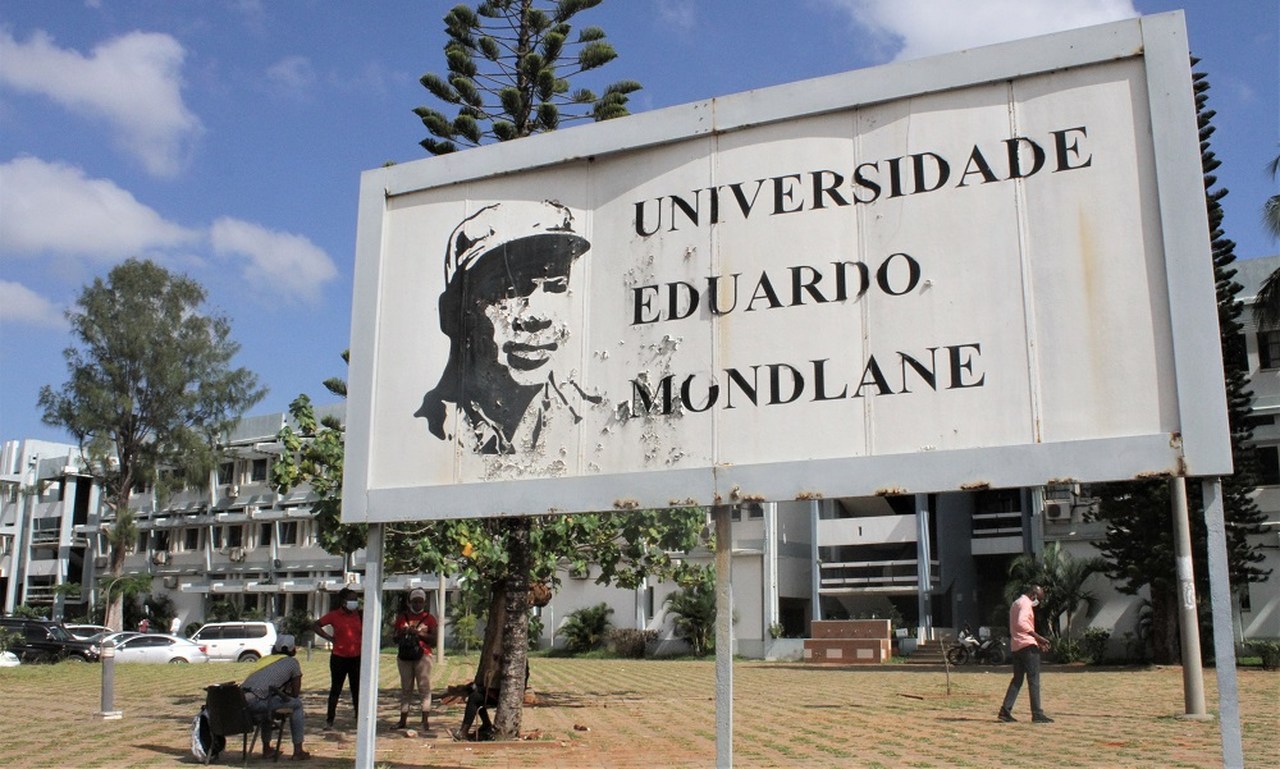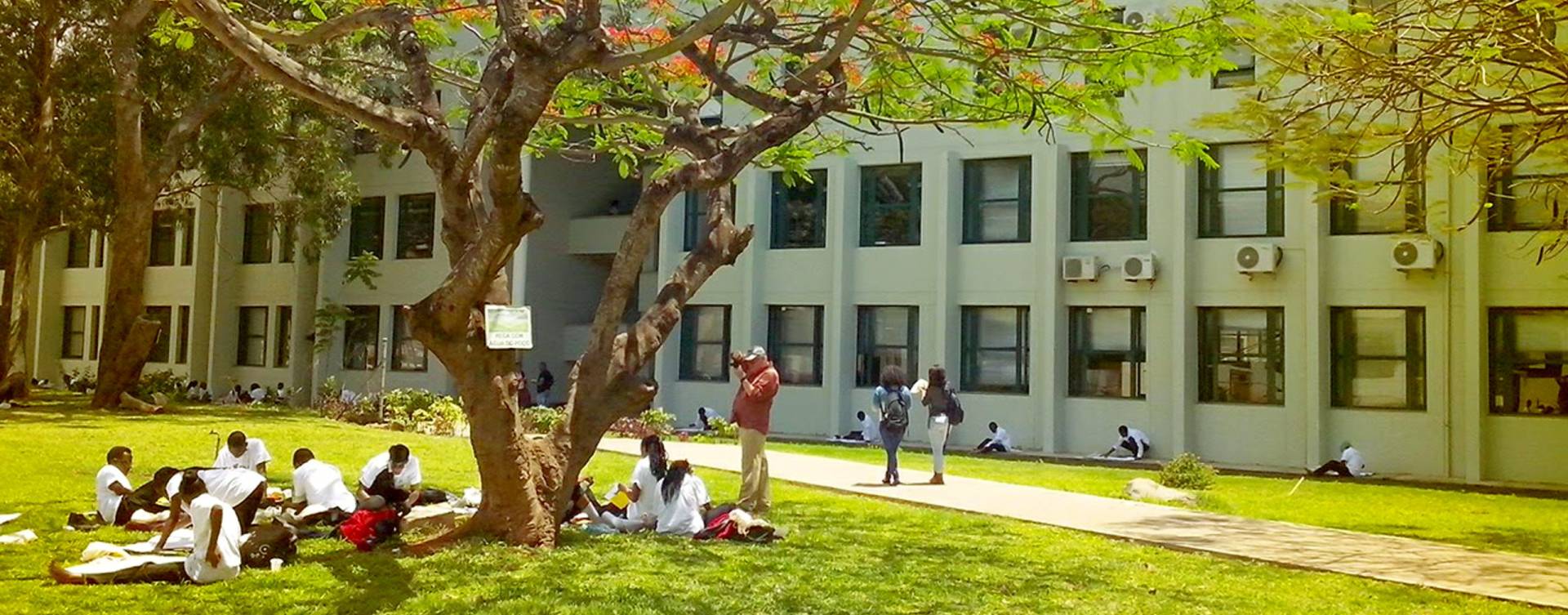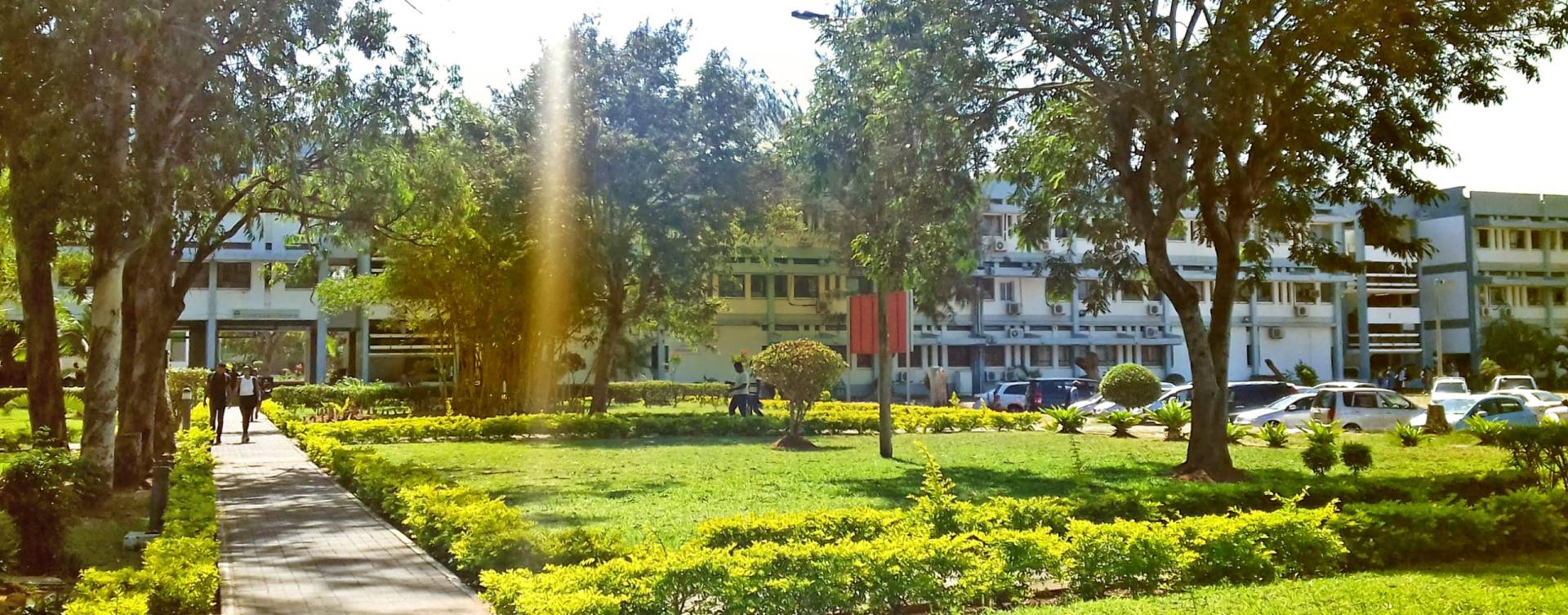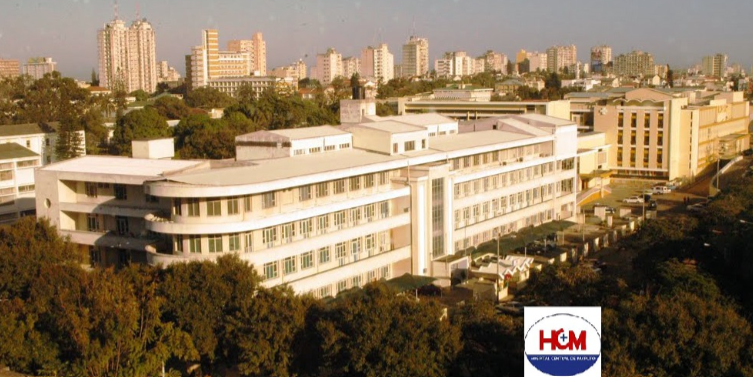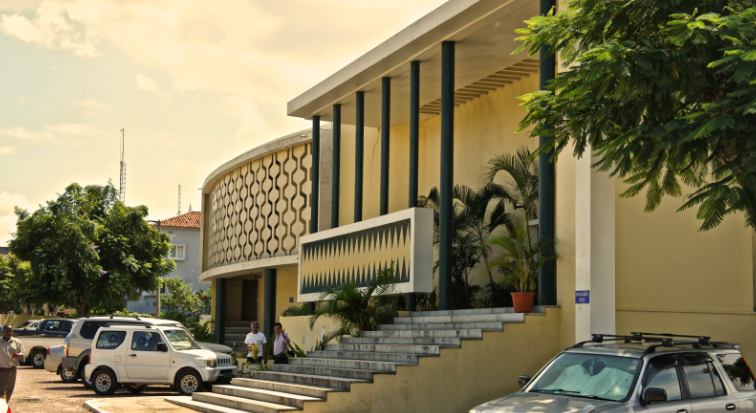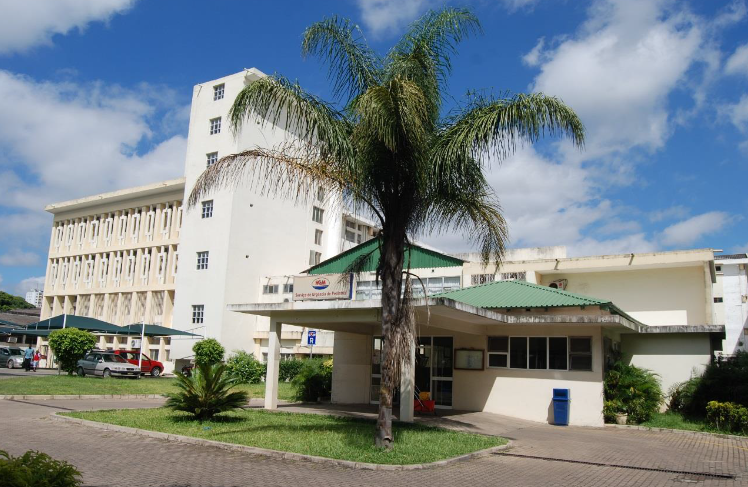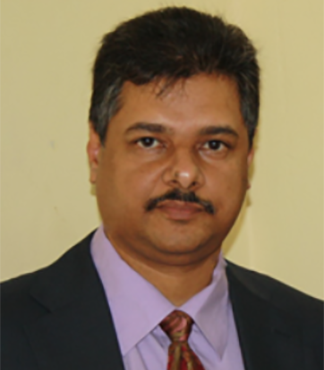UNIVERSIDADE EDUARDO MONDLANE (UEM)
Project beneficiary partner
-
Country
Mozambique
-
Web
Description
Established in 1962 as Mozambique`s first institution of higher education, University Eduardo Mondlane (UEM) is the oldest, largest, and most respected university in Mozambique, located in the capital city, Maputo. In 1968, while Mozambique was still under Portuguese colonial rule, the school was promoted to the category of University, adopting the name `Universidade de Lourenço Marques`. Following Mozambique`s liberation from Portugal, in 1976 the university was renamed `Universidade Eduardo Mondlane`, after the first president of the Mozambican Liberation Front. UEM has played an integral role in the development of the government`s strategic plan for higher education and continues to shape the face of professional education in Mozambique. Since the early 1990s, democratization and improved economic policy-making after the end of the civil war have resulted in significant development in higher education; the government of Mozambique has emphasized higher education as a means to develop its citizens` capacity to build a prosperous and productive society. The most recent figures from the World Bank indicate that approximately 19% of the government`s expenditures went to education, with approximately 14% of the education budget dedicated to the country`s public institutions of higher education. Today, UEM is comprised of 11 faculties and 6 colleges and has nearly 40,000 students and 1,300 full-time academic staff members, 1,200 of whom are native Mozambicans. UEM also has several specialized centers including the Center for Biotechnology; the Center for Distance Teaching; the Historical Archive of Mozambique; the Center for Population Studies; the Center for Gender Affairs; the University Foundation; the Natural History Museum; the Center for Industrial, Security and Environmental Studies; the International Center for Water Economics and Governance; and the Center for African Studies. Over the past decade UEM has established master`s degree programs in over 40 disciplines, of which 6 have also developed doctoral degree programs with a research focus.
In addition to reform and expansion of its teaching programs, UEM has made considerable effort to develop capacity for high-level research, establishing collaborations with multiple regional and international universities.
UEM Faculty of Medicine: The Faculty of Medicine was one UEM`s original components at its founding in 1963, and for almost 30 years it was the country`s only institution for medical education. Since then, over 2400 physicians have graduated from UEM with a bachelor`s degree in medicine. Today UEM`s Faculty of Medicine has 10 Departments, including Anatomical Pathology, Community Health, Gynecology/Obstetrics, Internal Medicine, Microbiology, Morphology Sciences, Pediatrics, Pharmacology, Physiology, Surgery, with approximately 800 students enrolled in the medical education program. UEM`s primary teaching hospital is the Central Hospital Central of Maputo, a public referral hospital that draws patients from across the country for multidisciplinary and specialized treatment of medical and surgical conditions, from neonatal care to geriatrics. UEM employs almost 200 fulltime basic, clinical, and research educators, including over 120 with MDs, 32 with PhDs and 33 with MS degrees. UEM has four master`s degree programs: Epidemiology and Laboratory Science in collaboration with the internationally sponsored Field Epidemiology and Laboratory Training Program; Mental Health and Psychotherapy; Bioscience and Public Health (presential and distance learning). We have 412 students active in Master Programs and 18 in PhD program. Candidates for the master`s programs come from a wide variety of academic and professional backgrounds, including health research, nursing, pharmacy, laboratory, veterinary, and biology, as well as non-health graduates in social science, management, and environmental fields. UEM`s Department of Community Health, which runs the Master´s in Public Health (MPH) program, has sought to offer multidisciplinary analytic training oriented to the concrete problems of least developed countries through a combination of socio-cultural and epidemiological perspectives. Key lecturers of the department have supported several institutions in developing and implementing public health related curricula, including the Higher Institute of Health Sciences in Mozambique and running HMIS modules in Botswana, Malawi, Tanzania, Norway and Ethiopia. Core priorities have been the acquisition and implementation of knowledge based on fundamental concepts of Public Health, Planning, Management, Epidemiology, and Health Management Information Systems. After almost a decade in operation, the program has a 75% graduation rate among its entirely full-time classes. There are approximately 90 students in the MPH program currently in the two cohorts, and the visibility of the MPH program has contributed to a dramatic increase in applications, resulting in a highly competitive selection process. To meet the demand for Master`s level public health education UEM has recently launched a distance education version of the MPH program. We produce annually around 120 indexed publication.

